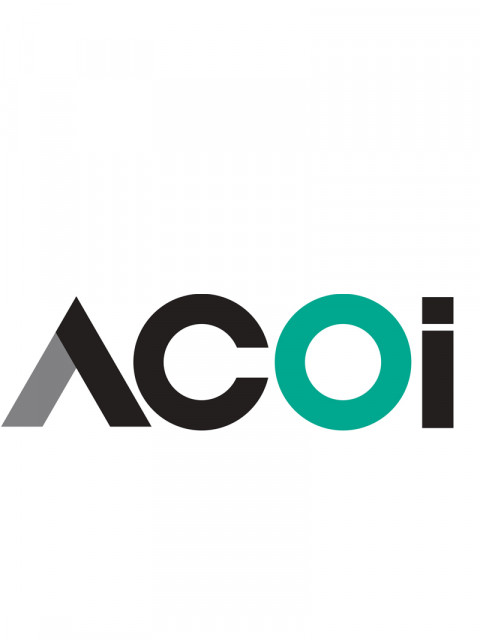
September Government Affairs Updates
by ACOI
September 19, 2024
ACOI Offers Comment on a Range of Policy Issues in Letter to CMS
On September 9, the ACOI submitted comments to the Centers for Medicare and Medicaid Services (CMS) in response to its proposed payment policies for 2025.
ACOI called for a fundamental restructuring of the Medicare physician payment system and is pressing Congress to act before the end of this year to prevent a 2.8 percent physician payment cut from taking effect on January 1, 2025. ACOI also asked lawmakers to provide physicians with a permanent inflationary update that is tied to the Medicare Economic Index (MEI) which is expected to reach 3.6 percent next year. Current law sets the physician update at zero, while all other Medicare providers receive a positive inflationary update.
ACOI’s comments to CMS also touched on a number of other policy issues, including proposed payment for telehealth services, caregiver training, and atherosclerotic cardiovascular disease risk assessment and management services. ACOI also shared its views on CMS’ proposal to pay for new advanced primary care services that the Agency envisions as a basis for a future primary care payment model (APCM).
In its letter, ACOI cautioned that the substantial infrastructure requirements to bill the proposed APCM codes, as well as coding complexity and low-to-modest payment rates, would likely limit uptake of new APCM activities to practices already participating in alternative payment models. ACOI also commented that uptake of the proposed APCM codes is likely to be constrained by a fee-for-service system within which most primary care physicians are in employed practice arrangements absent commitments from hospitals and health systems to invest in value-based care.
Court Halts FTC Noncompete Rule
A Texas district court issued a decision to stop the Federal Trade Commission (FTC) from enforcing a national comprehensive ban on noncompete clauses in employment contracts, writing in the opinion that the FTC exceeded its statutory authority in issuing the rule. The rule provided no exceptions for the health care industry. The rule had been set to take effect on September 4, 2024. Noncompetes return to the status quo and are legal and enforceable on the same terms as they were before the FTC rule was finalized. The FTC says it is considering an appeal.
Last year, ACOI joined the osteopathic community is sending a letter to the FTC in which it was noted the healthcare industry is disproportionately impacted by the abuse of noncompetes. The letter was generally supportive of the FTC rule banning noncompete clauses in employment contracts, but asked for narrow exceptions, including instances in which a noncompete can serve a legitimate business purpose for small physician practices struggling to compete in markets predominantly controlled by a limited number of hospital or health systems.
UHC Prepares to Launch Gold Card Program
On October 1, 2024, UnitedHealthcare (UHC) will launch a national Gold Card Program for qualified practices. On September 1, UHC released a list of gold card-eligible services. The list includes a large number of radiology services, as well as several primary care and internal medicine services.
Provider groups do not need to apply for Gold Card status, but eligibility requirements must be met including having a prior authorization approval rate of 92 percent or more across all applicable Gold Card-eligible codes, across all participating lines of business, for each of the two review years.
It is unclear how UHC arrived at the 92 percent threshold or how that threshold would impact eligibility for providers with lower service volume. The look-back period for determining eligibility is two consecutive years beginning April 1, 2022, and ending March 31, 2024.
ACOI members can check their UHC Gold Card eligibility through the UHC Provider Portal.
Providers who receive Gold Card status will still need to complete an advance notification for services to be paid. UHC also states in an FAQ that it may require medical records for other non-medical necessity reviews. While Gold Card Program status may speed up patient access to recommended services, it is unclear how much administrative burden for physician practices will be eliminated.

